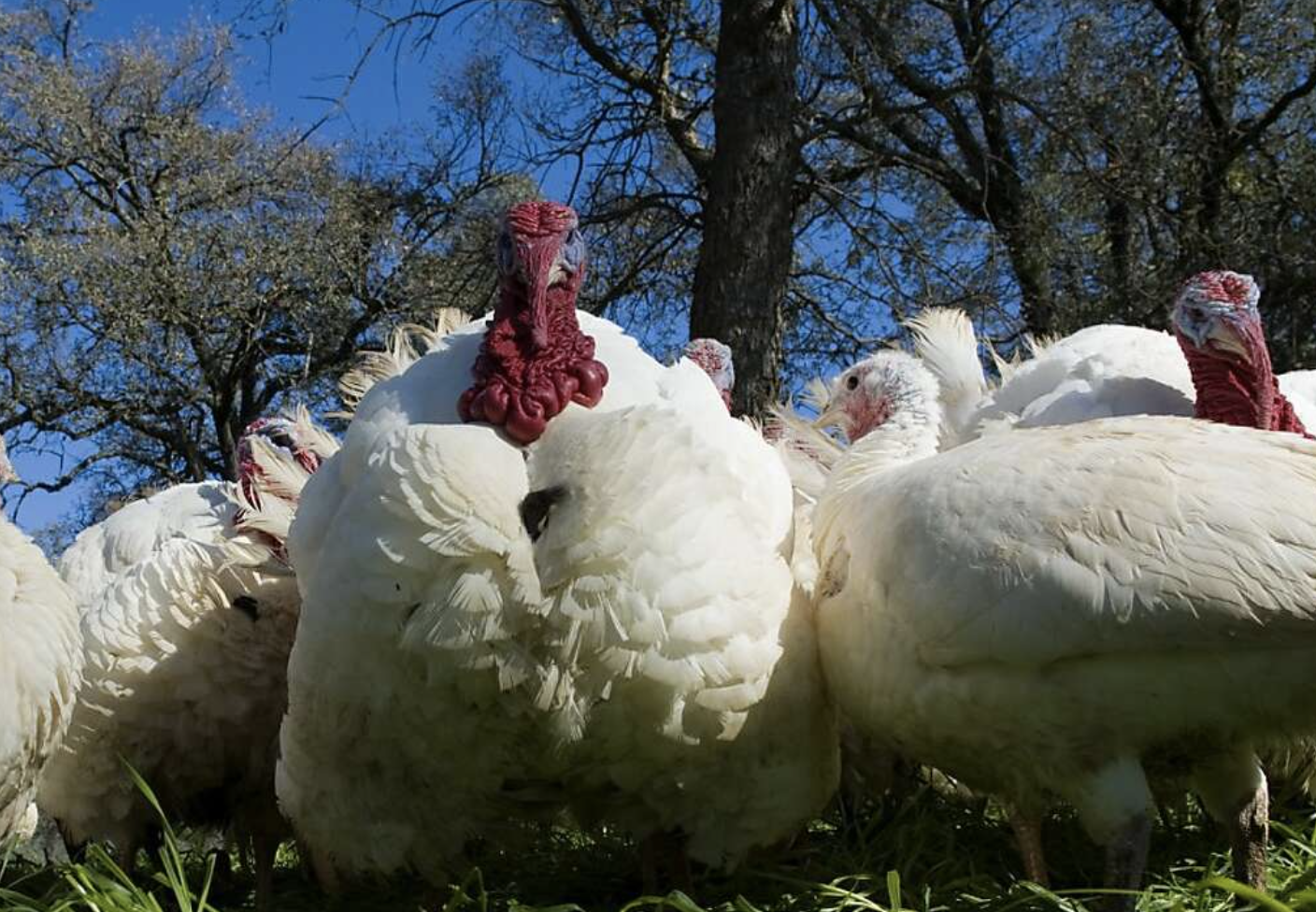
PRACTITIONER BLOG
Read our analyses of developments in Impact Litigation and stay current on class action law

IMPACT FUND & AMICI to CALIFORNIA COURT OF APPEAL: PROTECT CATALYST FEES
In June, Impact Fund filed an amicus brief on behalf of thirty-six other public interest law organizations in San Diego Tenant Union et al. v. San Diego Housing Commission et al., in the California Court of Appeal. Our brief asked the Court to affirm the availability of catalyst fees to plaintiffs' counsel in successful public interest lawsuits because nonprofit legal services organizations rely upon the fee-shifting provisions of catalyst fees to undertake important litigation. “Catalyst fees” are a legal mechanism by which defendants pay plaintiffs attorneys’ fees when plaintiffs’ lawsuit induces defendants to provide the relief sought by plaintiffs—in other words, when plaintiffs’ lawsuit “catalyzes” defendants’ change in conduct.

Talking Turkey: Impact Fund Files Amicus Brief To Protect Catalyst Fees For Plaintiffs
In Direct Action Everywhere v. Diestel Turkey Ranch, the plaintiff filed a false advertising lawsuit alleging that Diestel was deceiving customers about the condition in which it kept animals on its properties. Several days into the trial, Diestel voluntarily removed the allegedly false statements from its website as part of a “website refresh.” The trial court denied Direct Action’s motion for catalyst fees for multiple reasons, two of which stood out to the Impact Fund and its allies. First, the court scorned the plaintiff’s reason for bringing the lawsuit and, second, it criticized the plaintiff’s activities outside the courtroom.

Impact Fund & Amici Support State Efforts to Protect Vulnerable Workers During Deadly Pandemic
The California Department of Industrial Relations, Division of Occupational Safety and Health has a duty to keep California workers safe. Our amicus briefs make clear that the state fulfilled its duty in this instance. The Emergency Temporary Standards provide basic, necessary workplace protections for all workers and serve as an important step toward mitigating the health, income, and racial inequities caused by the COVID-19 pandemic.

Why “Ascertainability” in Class Actions Matters: How a Kiddie Pool Could Threaten Workers’ Rights in California.
The heightened and burdensome standard for ascertainability articulated by Sotelo and applied in Noel v. Thrifty Payless, Inc. will prevent meritorious employment class actions and undermine workers’ rights. This result is at odds with California’s strong public policies favoring the class mechanism and the robust enforcement of workers’ rights.

Impact Fund Files Amicus On Behalf Of Military's Diabetic Kids
Standing is like a light switch; a plaintiff has either alleged an identifiable injury or not. The concept of Article III standing is used by the courts to distinguish between a dispute that is properly before the court, rather than an abstract interest intended to be addressed by the legislature. Given this, the Supreme Court and the Ninth Circuit have consistently held that a minimal injury is sufficient to confer standing and have never weighed one’s injury relative to their resources.
Defending the use of Class Actions for Enforcement of Civil Rights Laws
It's a fact of life that long-awaited vacations can sometimes be spoiled by an ill-timed rain storm, lost luggage, or a bad reaction to that local street food. But discrimination?
Plaintiffs Ann Cupolo-Freeman, Ruthee Goldkorn, and Julie Reiskin use wheelchairs for mobility and were denied equal access to hotel transportation services at hotels owned by Defendant Hospitality Properties Trust (“HPT”).
